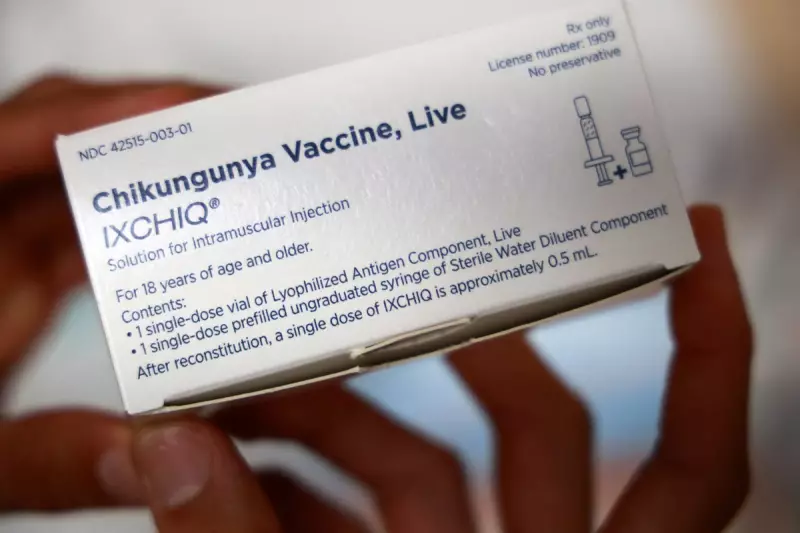
Health authorities in France have confirmed cases of the chikungunya virus, a mosquito-borne disease that can cause severe joint pain and fever. While the risk to travellers remains relatively low, experts advise taking precautions to avoid mosquito bites, particularly in affected regions.
What is Chikungunya?
Chikungunya is a viral infection transmitted primarily by Aedes mosquitoes, the same species responsible for spreading dengue and Zika. Symptoms typically appear 3–7 days after being bitten and include:
- High fever
- Severe joint pain and swelling
- Muscle pain
- Headache
- Rash
While most patients recover within a week, some may experience persistent joint pain for months or even years.
Where Has Chikungunya Been Detected in France?
Cases have been reported in southern France, particularly in areas where Aedes albopictus (the Asian tiger mosquito) is prevalent. This invasive species has been expanding its range across Europe due to climate change, increasing the risk of tropical diseases in temperate regions.
Travel Safety Advice
If you're planning a trip to affected areas, follow these precautions:
- Use insect repellent: Apply DEET-based repellents to exposed skin.
- Wear protective clothing: Long sleeves and trousers can reduce bite risks.
- Stay in screened or air-conditioned accommodation: Mosquito nets can provide extra protection.
- Eliminate standing water: Mosquitoes breed in stagnant water, so avoid containers that collect rainwater.
If you develop symptoms after returning from a trip, seek medical advice and mention your travel history.
Is There a Vaccine?
Currently, no licensed vaccine is available for chikungunya, though several are in development. Prevention remains the best strategy.





